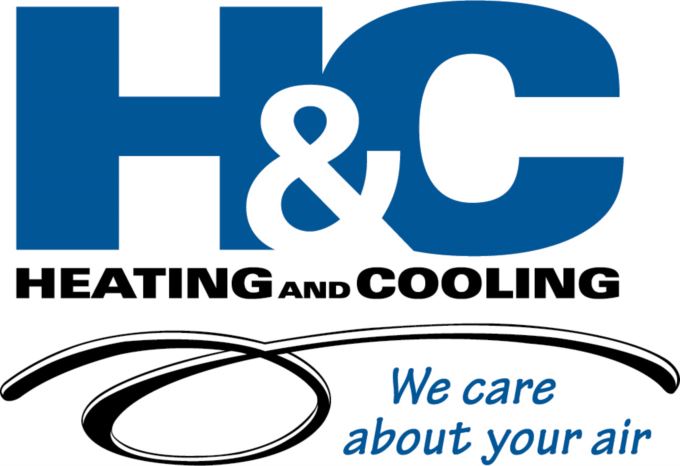
Completing the search for your first home is an exhilarating experience. You’re probably trying to keep track of a dozen things or more to ensure you’re making the right choice. We believe that understanding your future HVAC system is vital. The property’s HVAC system represents a significant investment and potential source of long-term costs, illustrating why a detailed inspection is important for first-time homebuyers.
In this guide, we’ll outline seven tips for discovering all there is to know about a home’s heating and cooling system. And if you want a more in-depth opinion from the experts, feel free to call H&C Heating and Cooling. Our staff can weigh in on your options with industry insights that are second to none.
1. What HVAC System Are You Working With?
Start by clarifying what specific HVAC system the home includes. Furnaces generally last longer compared to air conditioners, and newer types of HVAC equipment like heat pumps can offer average life spans that are even longer. Tracking down the make and specific model ensures you have a much better sense of how much maintenance it will require.
2. What Is the Current System’s Age?
It also helps to learn how old the HVAC system is when you're considering a new home. On average, HVAC systems tend to run for about 10-12 years. Learning its approximate installation date helps you plan for possible repair needs or when it might break down. Older systems may be more vulnerable to problems, so budgeting for a replacement unit could be necessary sooner than you thought.
3. Does the System Have a Warranty?
Don’t forget to look into whether the HVAC system is covered by a warranty. If it is, this can assist with maintenance costs. HVAC warranties should take care of parts and labor, but it's important to note that details will vary. Don’t forget to look into any terms you don’t recognize to ensure you understand your coverage and potential out-of-pocket costs.
4. Does the System Have a Documented Maintenance History?
Don't forget to check the maintenance history of the HVAC system, if such information is accessible. This kind of information can demonstrate if there have been regular problems or how often maintenance is performed. Inquire about key tasks such as changing the air filter, which is a positive sign indicating regularly scheduled tune-ups.
5. Do You Know Its Energy Efficiency Ratings?
Purchasing a home with a heating and cooling system with high energy efficiency can lead to more manageable utility bills and a smaller environmental impact. Look for the seasonal energy efficiency ratio (SEER) ratings for air conditioning and the annual fuel utilization efficiency (AFUE) for furnaces. High SEER ratings mean more efficient cooling throughout the season, while strong AFUE ratings indicate that the fuel is efficiently converted into useable heat.
6. Did You See Any Problems After Completing an Informal Inspection?
Even without heating and cooling expertise, it's still a good idea to examine the HVAC system on your own. Keep an eye out for potential issues that weren’t mentioned by the seller or real estate agent. This might consist of odd sounds, unequal airflow and attempts at concealing any serious damage.
7. Is an Experienced HVAC Technician Available to Help?
If you're still hesitant to make an offer because of the overall state of the HVAC system, it's beneficial to get an assessment and recommendation from experienced HVAC technicians. They can spot things you may not know about, like refrigerant leaks, wiring issues or damaged ductwork.
A Call with H&C Heating and Cooling Simplifies Your Home-Buying Journey
Selecting your first home is meant to be a joyful event, and H&C Heating and Cooling wants to ensure yours is too. Reach out with us at 301-960-3247. We can go over the details about how our HVAC services help make this process smoother, giving you what you need to make an offer with confidence.
